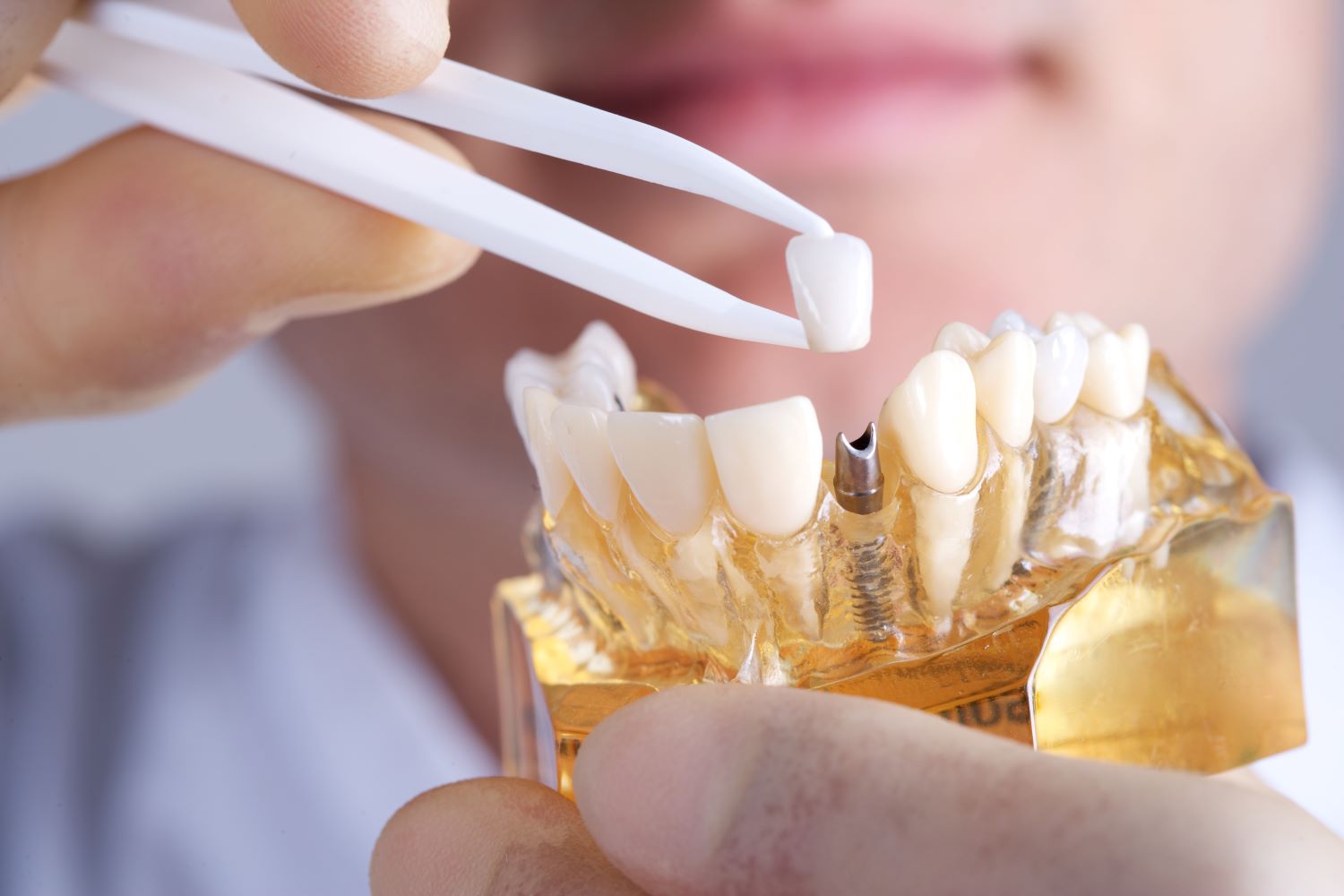So, you’ve decided to receive dental implants. Hurray to that! You are probably feeling really excited about moving forward. A new set of teeth brings out that confident smile, right? But most importantly, it allows you to experience your teeth’s natural function again especially when it comes to eating and speaking.
You probably know by now that dental implants last longer than any other teeth replacement option. This is probably one of the selling points for you and that’s why you have decided to finally seek implant dentistry.
However, this doesn’t mean that once you receive your dental implants you don’t need to properly care for them. Just like all other aspects of your health, your oral health can’t be neglected and a dentist near you has probably suggested that you take good care of your implants and teeth simultaneously… and so you should.
Here are a few after-care tips to follow so your dental implants last longer:
Brush regularly
This is a no-brainer, don’t you think?
Like usual, you need to brush your teeth regularly including your dental implants. This makes sure that the rest of your teeth (including the implants) remain clean and free from cavities.
It doesn’t matter what kind of toothbrush you use but it’s best to use a toothbrush with soft bristles. That way, your implants, and teeth won’t be harmed by aggressive brushing.
Don’t forget to floss
Just like brushing your teeth, flossing is also one thing you need to maintain even with your implants. Flossing ensures food leftover or plaque won’t become stuck in between your teeth.
There’s a debate on which type of floss to use especially with implants. Some say unwaxed floss is the safest; others would recommend floss threaders. It’s best to consult with a dentist near you as to which one is best for your type of teeth.
What matters is you floss gently to avoid damaging the implants and your gums.
Watch your diet
Sorry for this bad news but dental implants – like most dental treatments and procedures – will require you to modify your diet.
You need to start saying no to hard and sticky foods since it can damage not only your implants but the rest of your teeth as well.
Some foods you need to avoid are hard nuts, sticky and chewy candy (toffee, caramel, etc.), ice, and other foods that would require a lot of force to chew.
Avoid the bad vice
Smoking and drinking alcohol is always bad for your health. That includes your dental health, too.
Nicotine in cigarette smoke has always been detrimental to your gum health. All the more it is dangerous to your implants especially during the first six months of healing since it reduces the blood supply to your gums.
Alcohol is also known to slow down the healing process.
If you want to recover fast and maintain good gum and dental health, just simply say no to your bad vices.
Visit the dentist near you
Regular dental visits can also impact your overall dental health. If you acquired your dental implants in Forest Lake, it’s best to be consistent with your dental appointments and check in with your dentist regularly.
Have your implants checked at least twice a year just like your regular dental checkup. This also allows you to receive updates on the integrity of your implants from a dentist’s perspective and ask for further advice on maintaining good dental health.
Immediately after surgery
Also, here are a few care tips on what to do with your implants immediately after surgery:
• Use cotton or a sponge to bite on the area where the implant is. This reduces bleeding and it is suggested you do this for an hour.
• Avoid moving excessively. Also, try to keep your head as elevated as possible. Do this for eight to twelve hours.
• When you think the area looks swollen, apply an ice pack and let it sit still for fifteen minutes. Remove the ice pack and put it back after a fifteen-minute rest. Repeat this procedure until the swelling subsides.
• If the dentist prescribes any medicine, make sure to take it.
• Don’t rinse your mouth immediately after eating. Instead, create a salt gargle to clean it. Just add half a teaspoon of salt to a glass of lukewarm water. Do this within 24 hours after the surgery.

